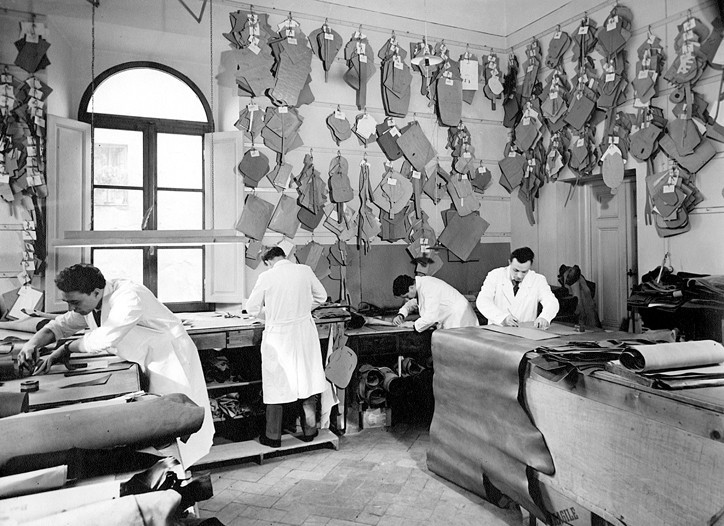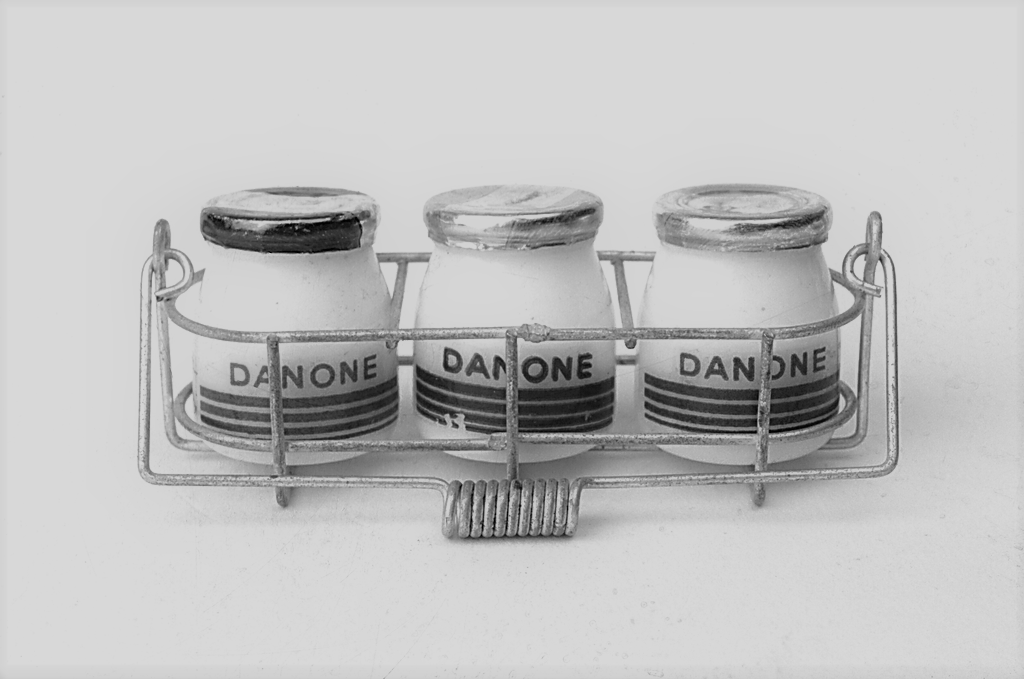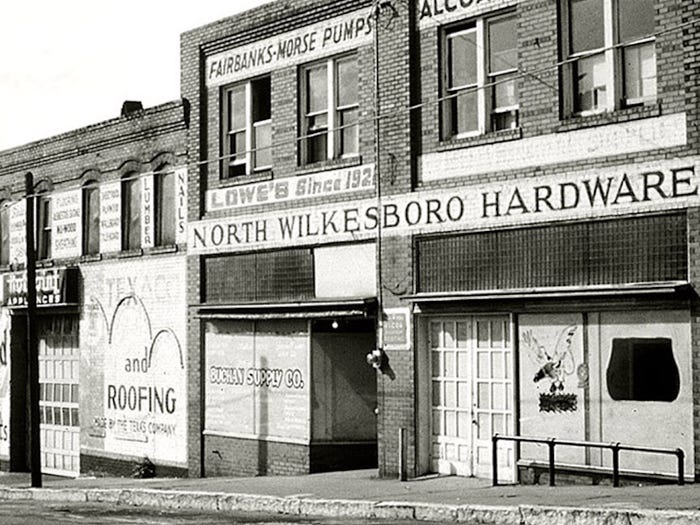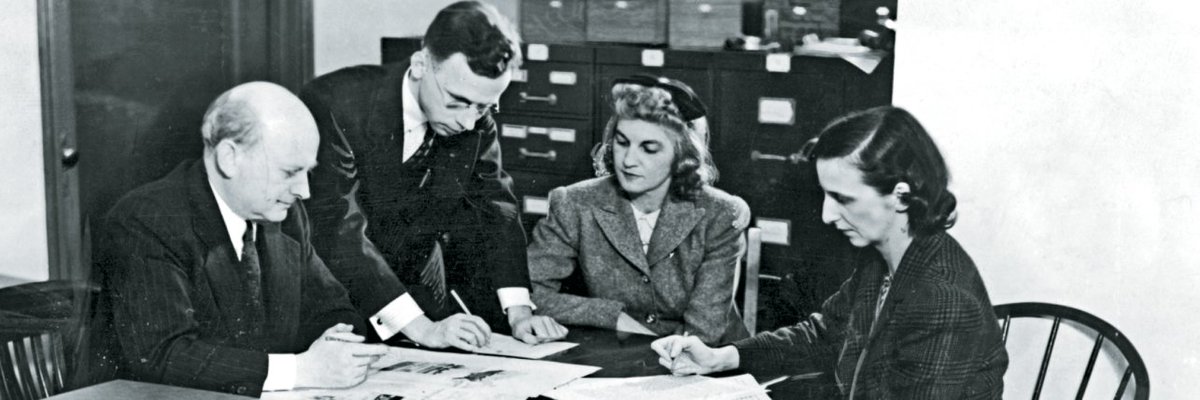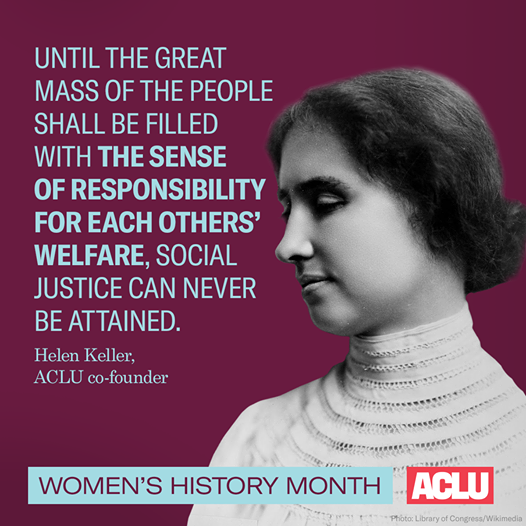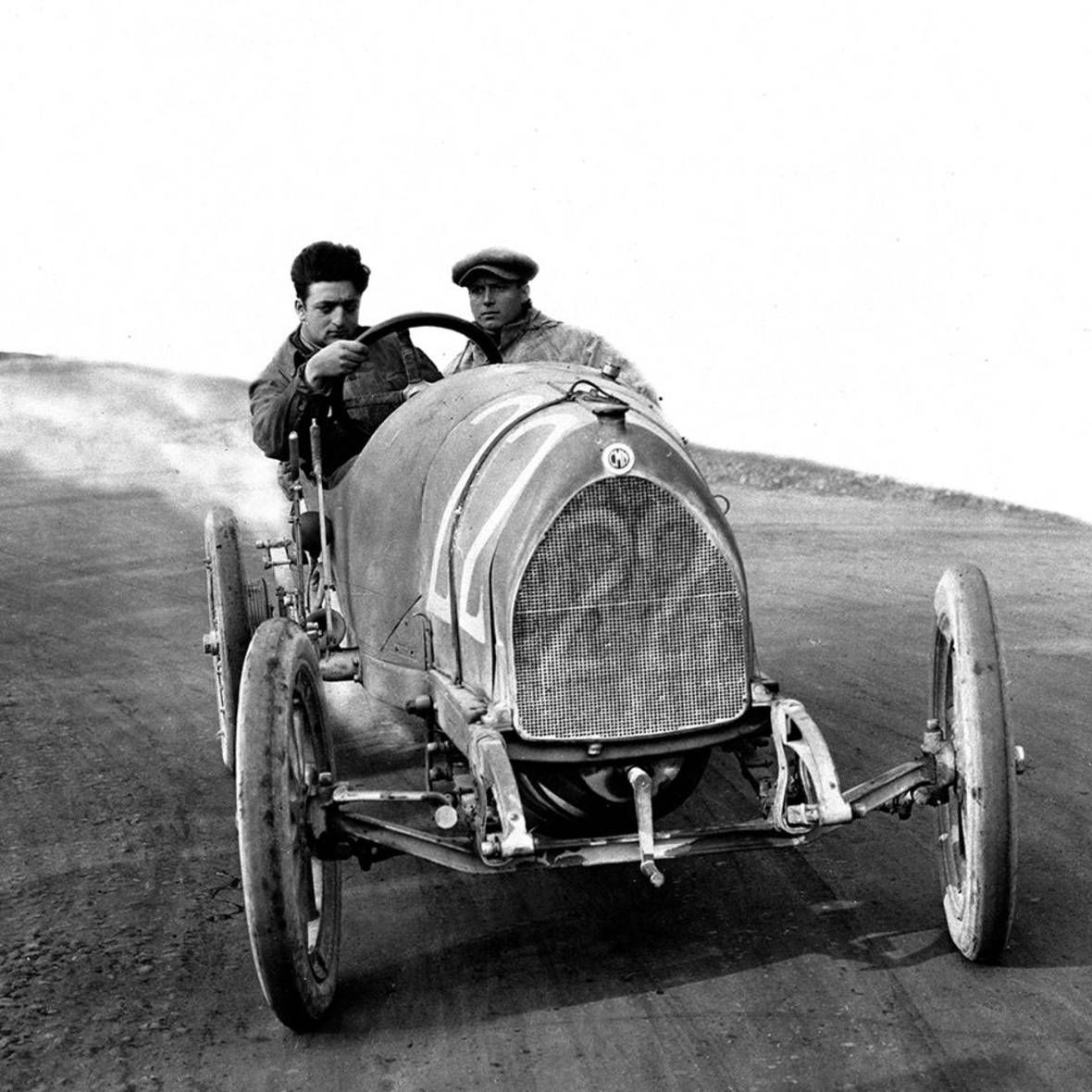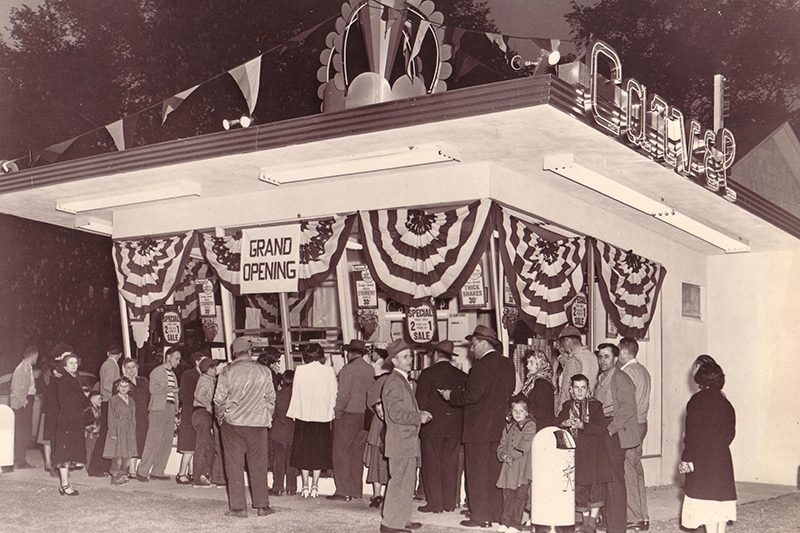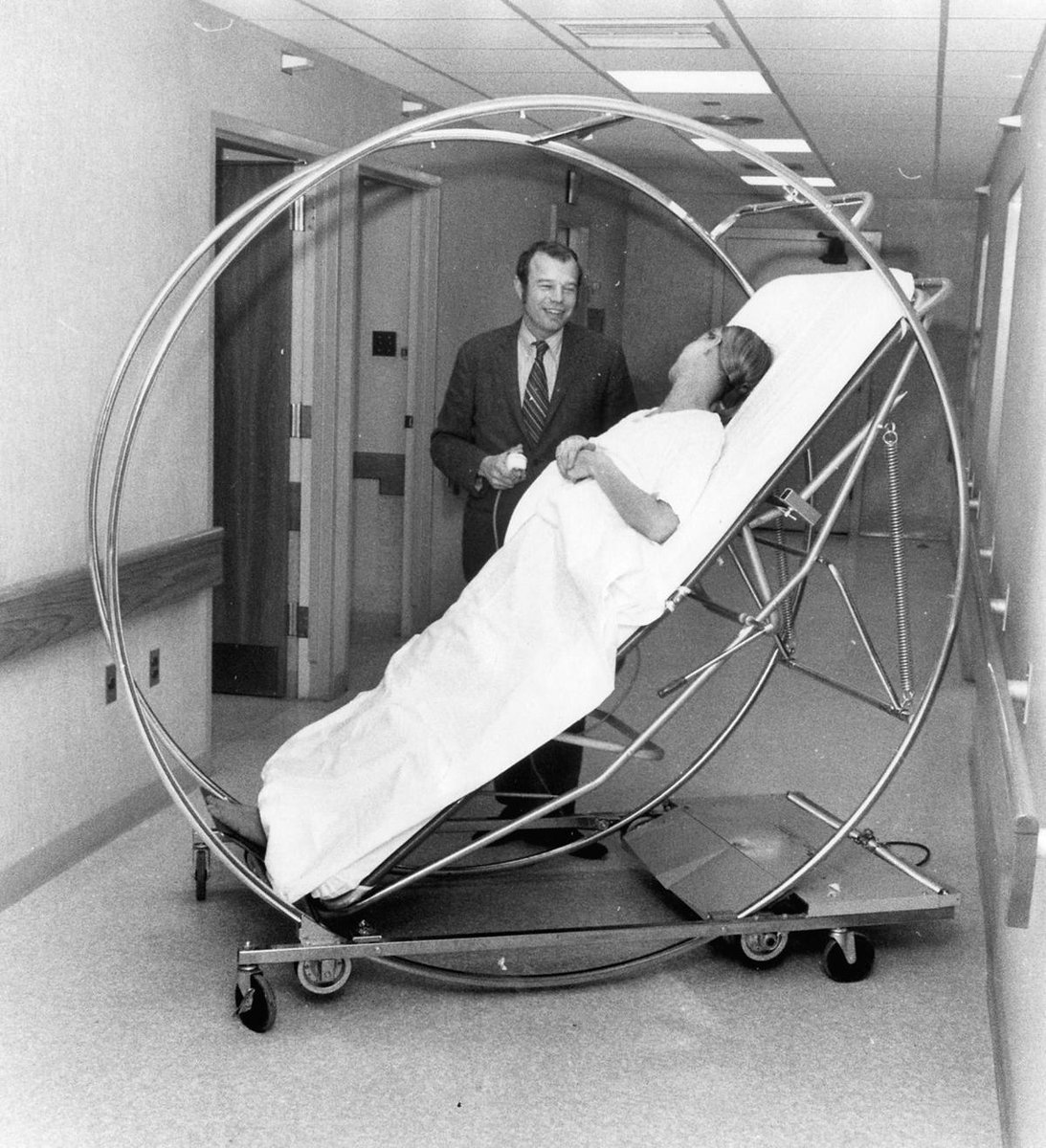100 years ago, World War I and the Spanish Flu together claimed ~100M lives.
At a time when the world was in tatters, Guccio Gucci began to stitch together a business that would become a byword for beauty.
He wasn't alone in seeing opportunity...
https://en.wikipedia.org/wiki/Guccio_Gucci
/1
At a time when the world was in tatters, Guccio Gucci began to stitch together a business that would become a byword for beauty.
He wasn't alone in seeing opportunity...
https://en.wikipedia.org/wiki/Guccio_Gucci
/1
Inspired by the plight of children suffering from wartime privation and malnutrition, Isaac Carasso founded Danone to help spread nutritious food more widely.
https://www.danone.com/about-danone/Danone-yogurt-turns-100/looking-back-at-an-epic-journey.html
/2
https://www.danone.com/about-danone/Danone-yogurt-turns-100/looking-back-at-an-epic-journey.html
/2
While Europe was managing refugee populations and rebuilding their cities, a continent away ... Conrad Hilton was checking his first guest into his only hotel in Cisco, Texas.
https://en.wikipedia.org/wiki/Conrad_Hilton
/3
https://en.wikipedia.org/wiki/Conrad_Hilton
/3
Lucius Smith Lowe opened a humble hardware store in North Carolina, unaware that he was laying the cornerstone in what would become an $100B juggernaut.
https://en.wikipedia.org/wiki/Lowe%27s
/4
https://en.wikipedia.org/wiki/Lowe%27s
/4
In a world where depressing news was the norm, Maurice R. Robinson created what would become Scholastic by publishing a magazine about high school sports in Western Pennsylvania.
https://en.wikipedia.org/wiki/Scholastic_Corporation
/5
https://en.wikipedia.org/wiki/Scholastic_Corporation
/5
Sadly, in this era, female founders were even less common in business but their entrepreneurial spirit was indomitable, and it found other routes to influence. E.g., in 1920, Helen Keller co-founded the ACLU to protect the rights of protestors.
https://www.aclumontana.org/en/news/what-you-dont-know-about-helen-keller
/6
https://www.aclumontana.org/en/news/what-you-dont-know-about-helen-keller
/6
These are all century-old stories, but in every dark period of history since, you’ll find founders building a better future.
E.g. In the wake of the Great Depression, entrepreneurs Tom Carvel and Enzo Ferrari left their marks on ice cream and motorsports, respectively.
/7
E.g. In the wake of the Great Depression, entrepreneurs Tom Carvel and Enzo Ferrari left their marks on ice cream and motorsports, respectively.
/7
While the US was mobilizing for war following the Pearl Harbor attack of 1941, an enterprising orthopedist named Homer Stryker was figuring out how to mass-produce hospital beds.
https://en.wikipedia.org/wiki/Homer_Stryker
/8
https://en.wikipedia.org/wiki/Homer_Stryker
/8
The Dot-Com bust lacked the body count of the previous calamities, but it still pushed many bright thinkers away from software. Fortunately, entrepreneurs like Niraj Shah and Steve Conine refused to give up and founded what would become Wayfair.
https://en.wikipedia.org/wiki/Wayfair
/9
https://en.wikipedia.org/wiki/Wayfair
/9
The 2008-2009 financial crisis turned many away from startups, but thankfully not the founders of:
 Uber
Uber
 The Trade Desk
The Trade Desk
 Pinterest
Pinterest
 Square
Square
 GitHub
GitHub
 Stripe
Stripe
 Twilio
Twilio
 Slack
Slack
 WhatsApp
WhatsApp
 Venmo
Venmo
To name just a few...
/10
 Uber
Uber The Trade Desk
The Trade Desk Pinterest
Pinterest Square
Square GitHub
GitHub Stripe
Stripe Twilio
Twilio Slack
Slack WhatsApp
WhatsApp Venmo
VenmoTo name just a few...
/10
Philosophers believe suffering is an intrinsic part of the human condition. Thankfully, entrepreneurs don’t buy into this world view. I don’t know if we’re now in for a six-month recession or seven-years of lean harvests, but I have Unlimited confidence in entrepreneurs.
/11
/11
The beat goes on, the impulse to improve the world using technology as a lever is timeless .... and we believe the best is yet to come.
If you’re obsessed with what you’re making and believe it will improve the world in some way – large or small – please do let us know.
/End
If you’re obsessed with what you’re making and believe it will improve the world in some way – large or small – please do let us know.
/End

 Read on Twitter
Read on Twitter